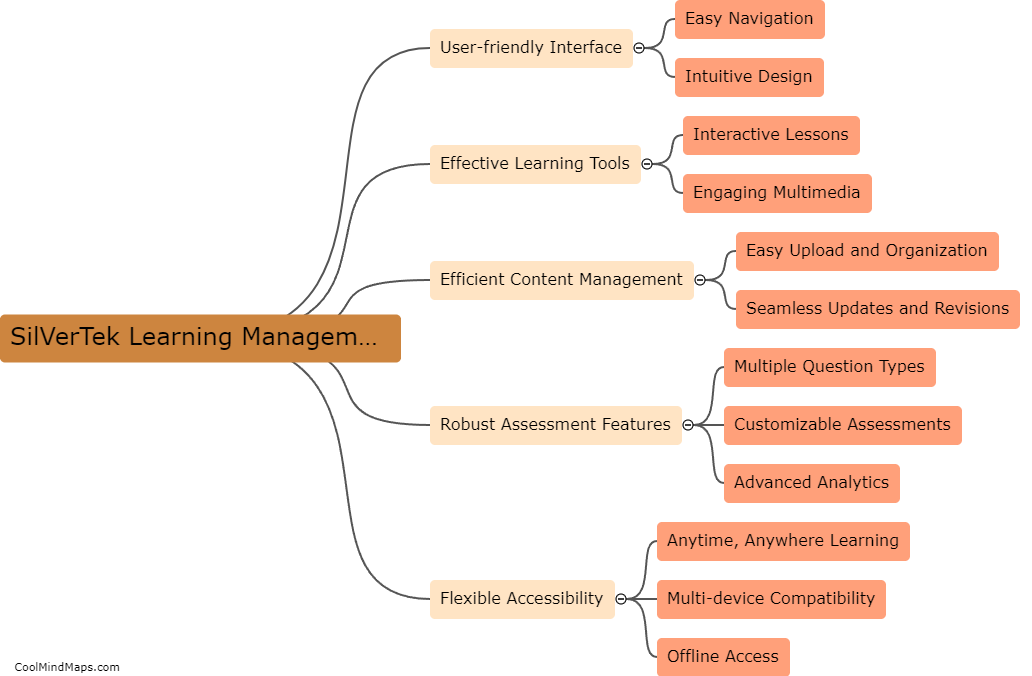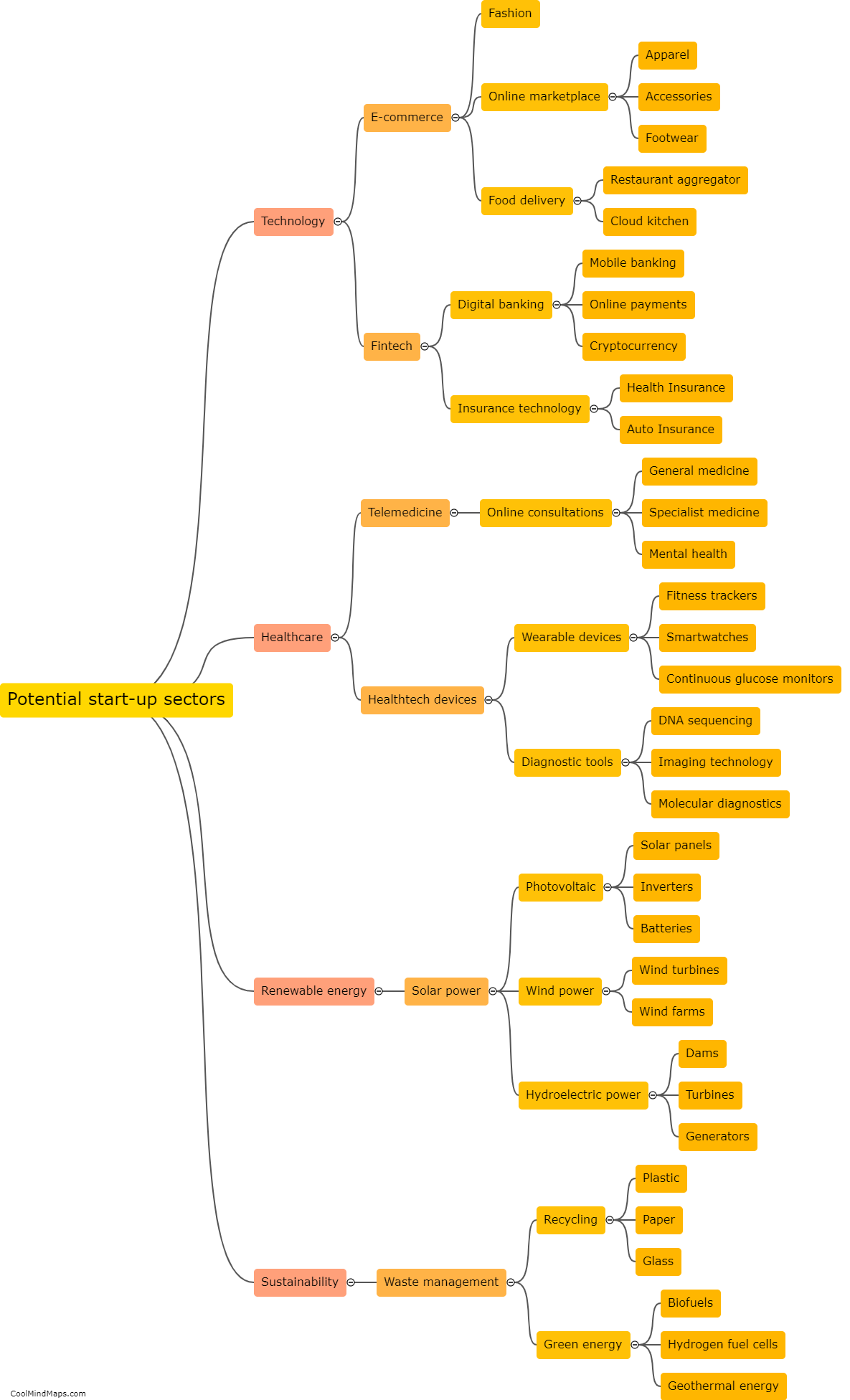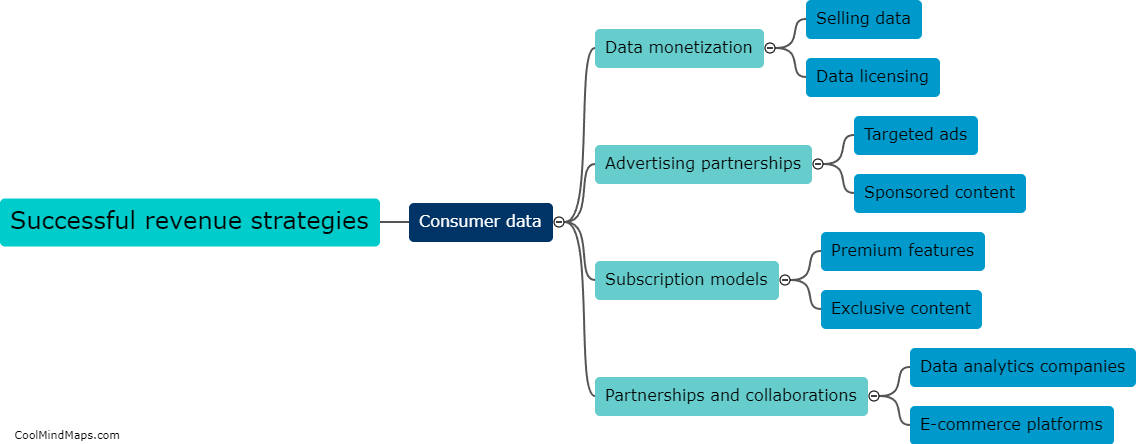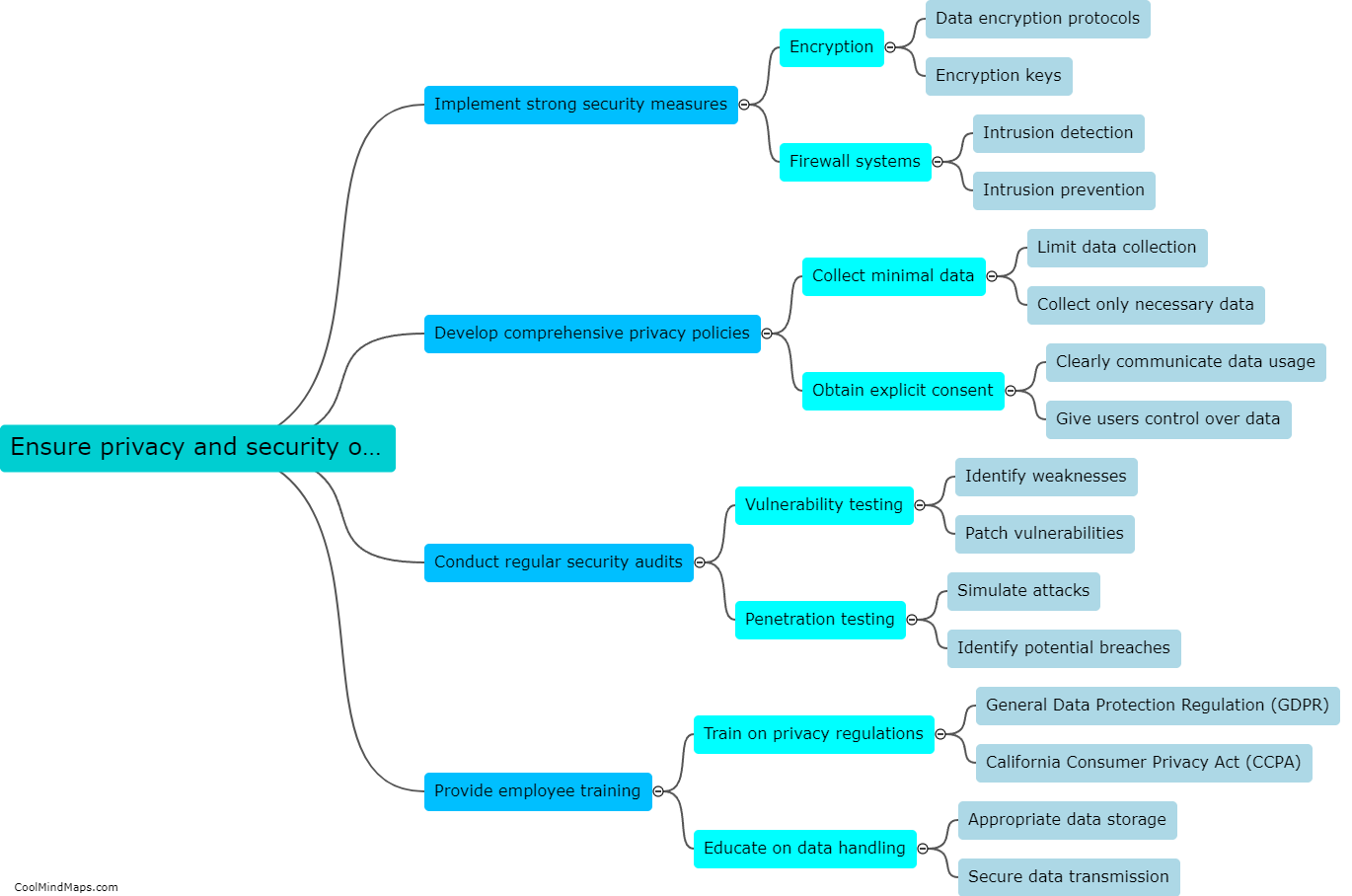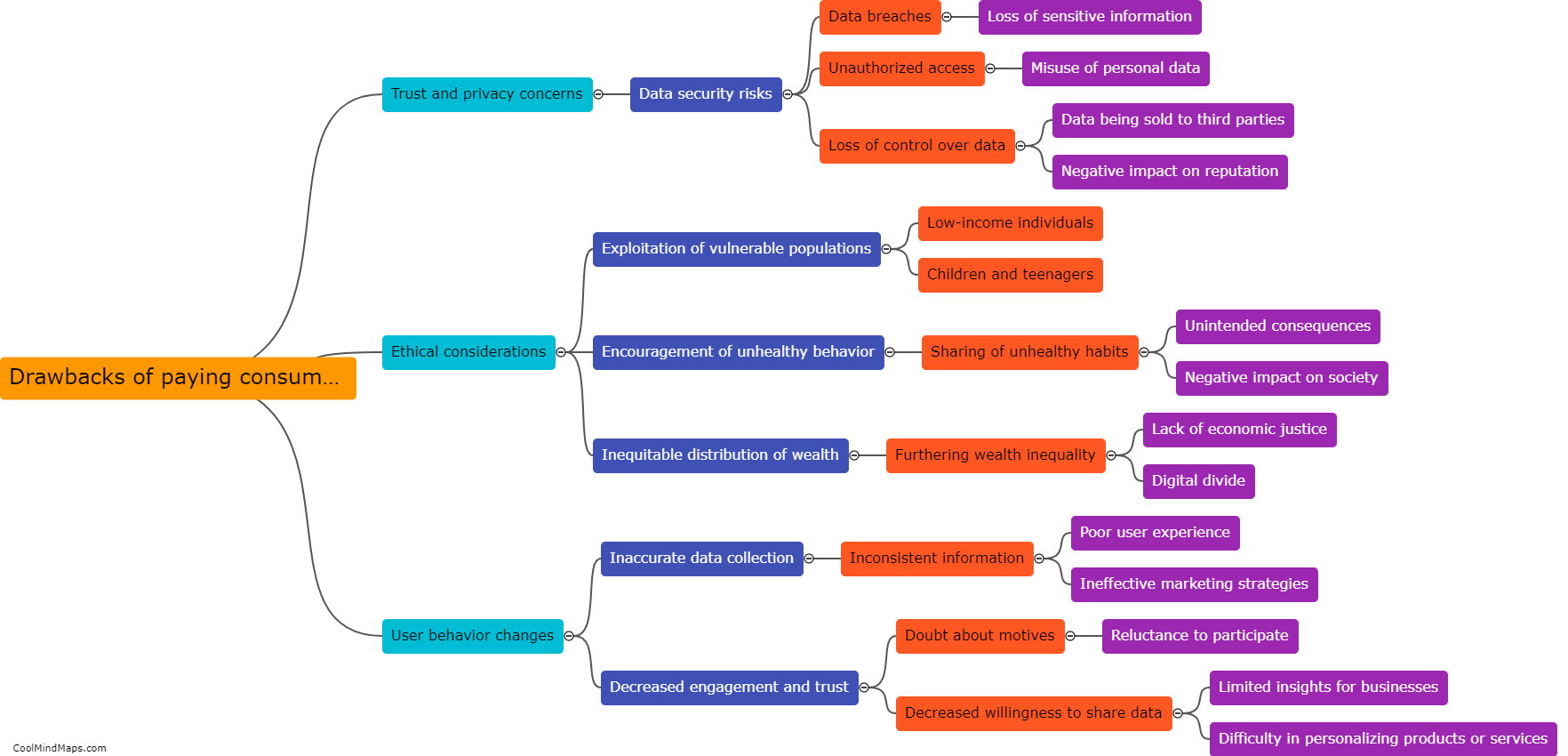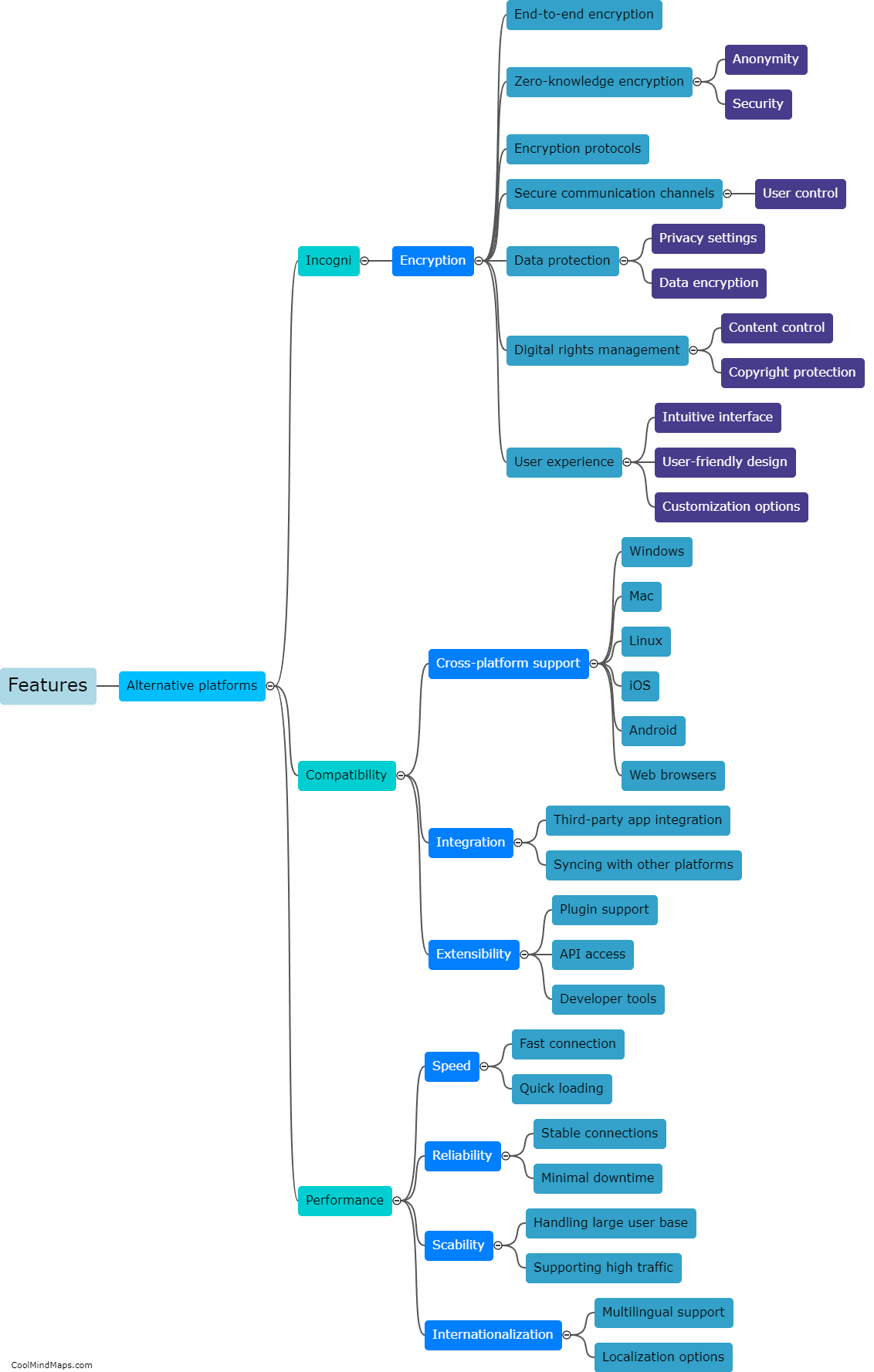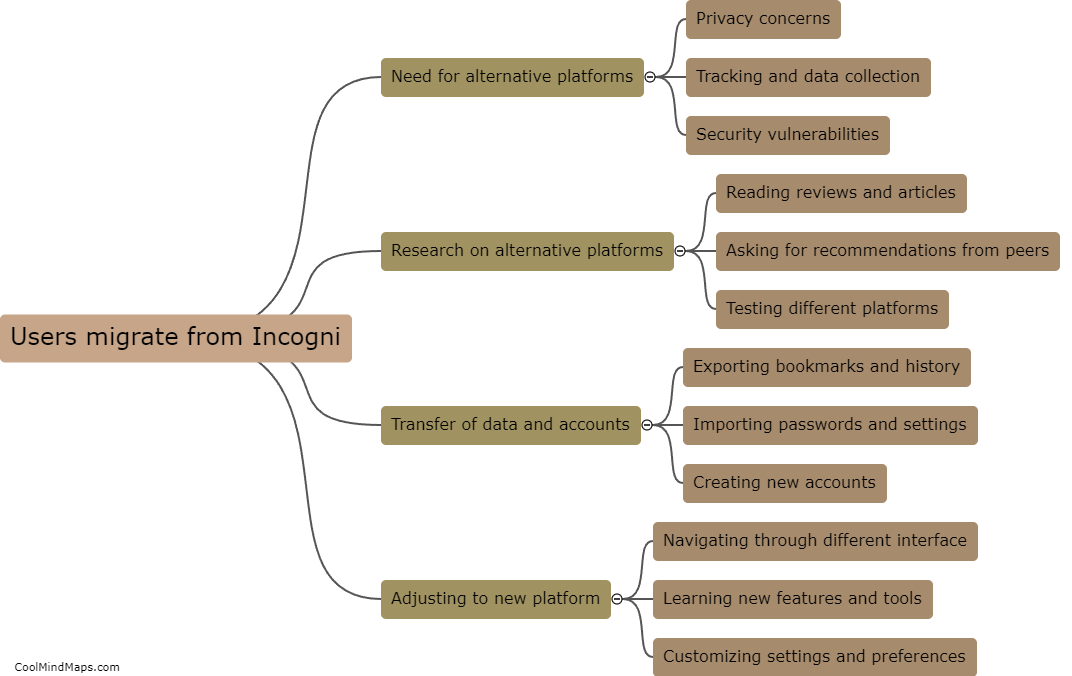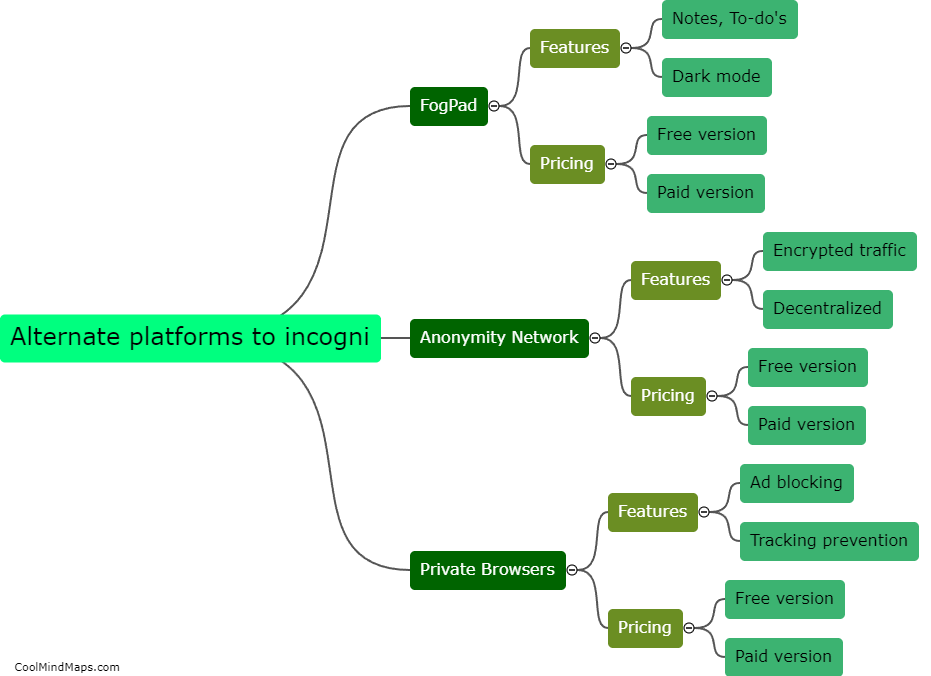What are the pros and cons of using alternative platforms?
Using alternative platforms, such as open-source software or social media networks other than the mainstream ones like Facebook or Twitter, comes with a set of advantages and disadvantages. On the positive side, alternative platforms often offer more customization options and community-driven development, leading to greater flexibility and innovation. They prioritize user privacy and data protection, offering users more control over their personal information. Additionally, these platforms often foster niche communities, which can provide more engaging and specialized content. However, the drawbacks include a smaller user base and less visibility compared to mainstream platforms, which can limit reach and impact. There may also be fewer resources and support available for troubleshooting or development. Moreover, transitioning to alternative platforms may require users to adapt to new interfaces and features, making the learning curve steeper. Ultimately, the choice of using alternative platforms depends on individual needs, values, and priorities.
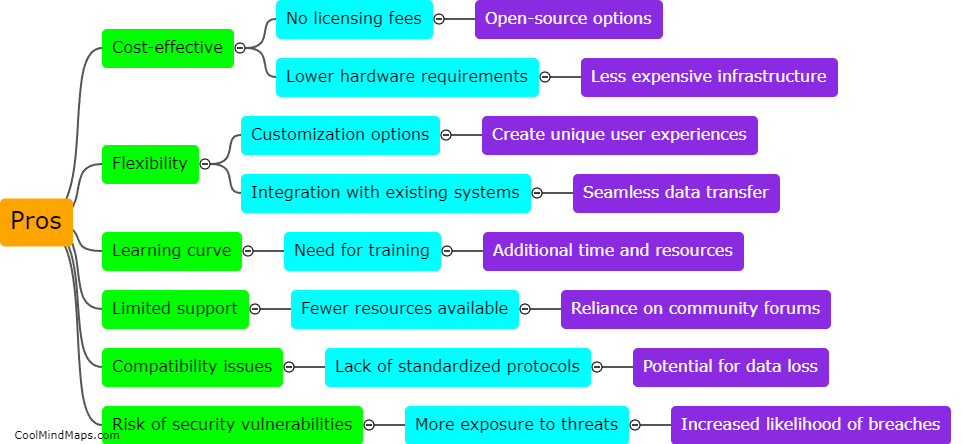
This mind map was published on 5 December 2023 and has been viewed 80 times.

